Independent Critical Analysis Project: Employee Satisfaction
VerifiedAdded on 2023/04/20
|10
|725
|112
Project
AI Summary
This Independent Critical Analysis (IAP) project investigates the critical relationship between employee empowerment, job satisfaction, and employee turnover within the hospitality industry. The project identifies employee turnover as a significant problem, particularly in the hospitality sector, and explores how effective organizational culture and employee empowerment can mitigate this issue. The research employs a positivist philosophy and a deductive approach, utilizing a causal research design and a convenience sampling method. Primary data was collected through semi-structured interviews with a Food & Beverage director at Park Hyatt, Sydney. The findings highlight that factors such as stressful working environments, low compensation, and lack of work-life balance contribute to employee dissatisfaction and turnover. The analysis suggests that improving organizational culture through empowerment can lead to a significant decrease in turnover rates, promoting motivation and job satisfaction. The study references several academic sources that support the positive impact of organizational culture and empowerment on employee retention and satisfaction.
1 out of 10

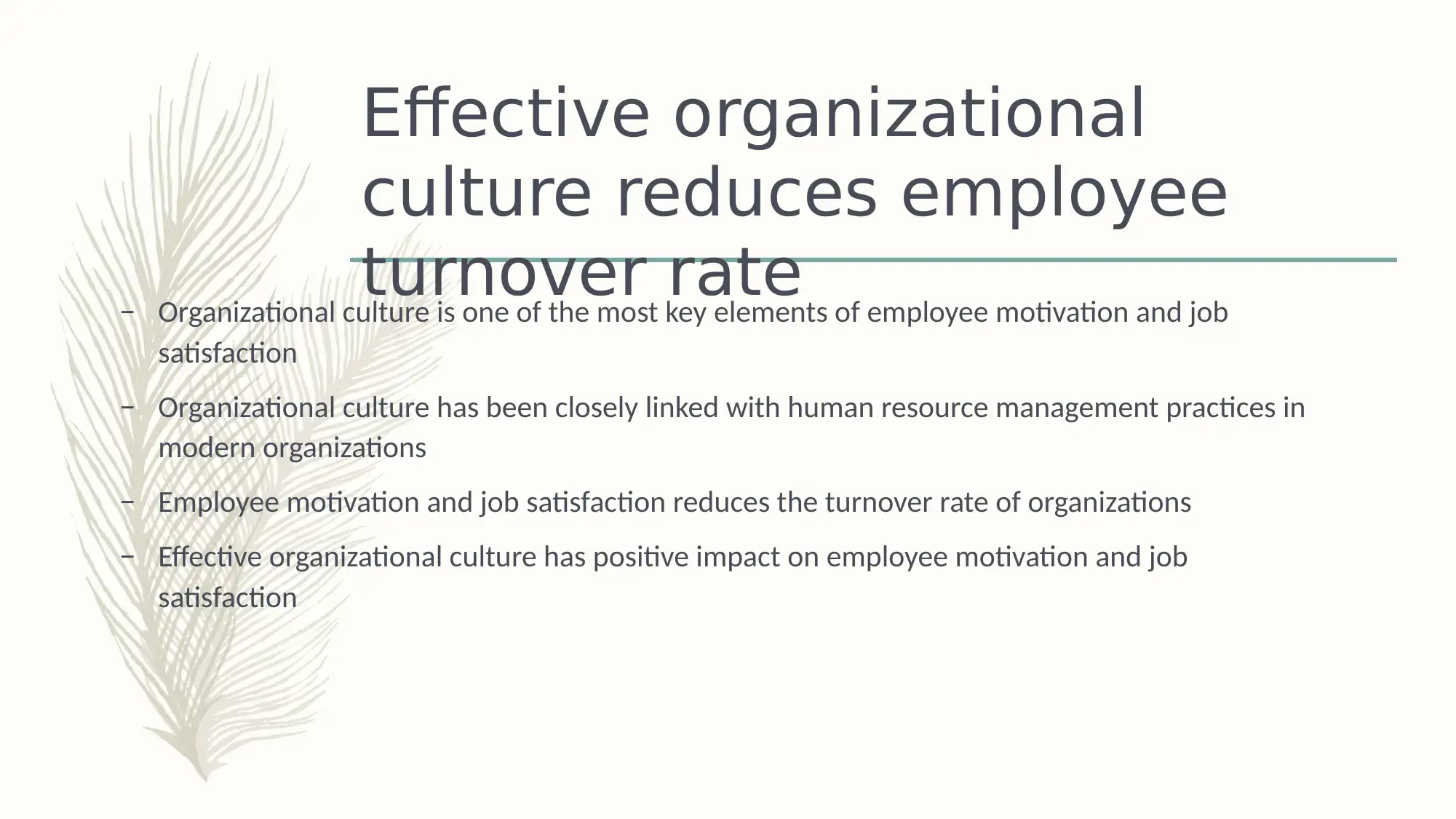
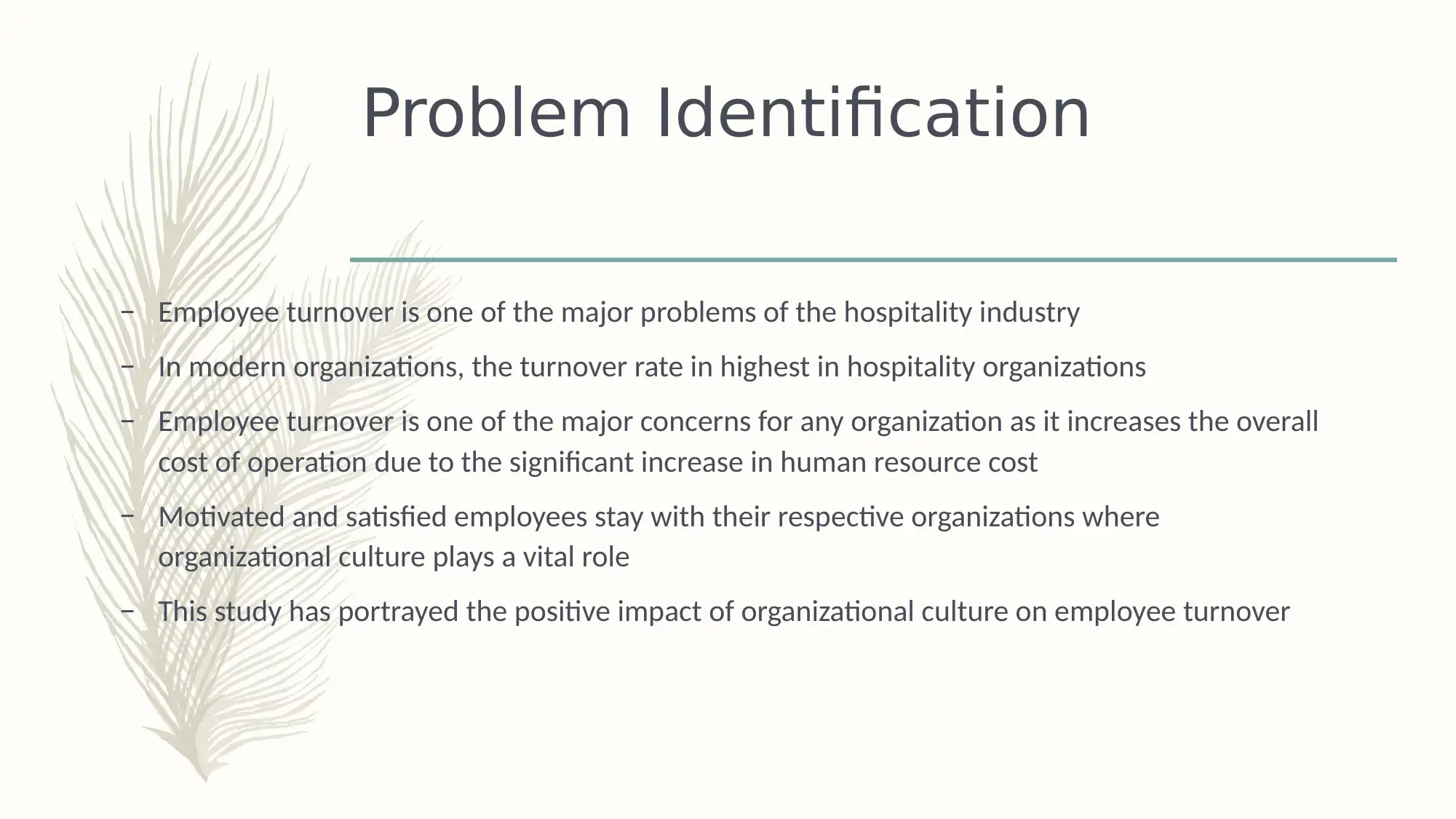

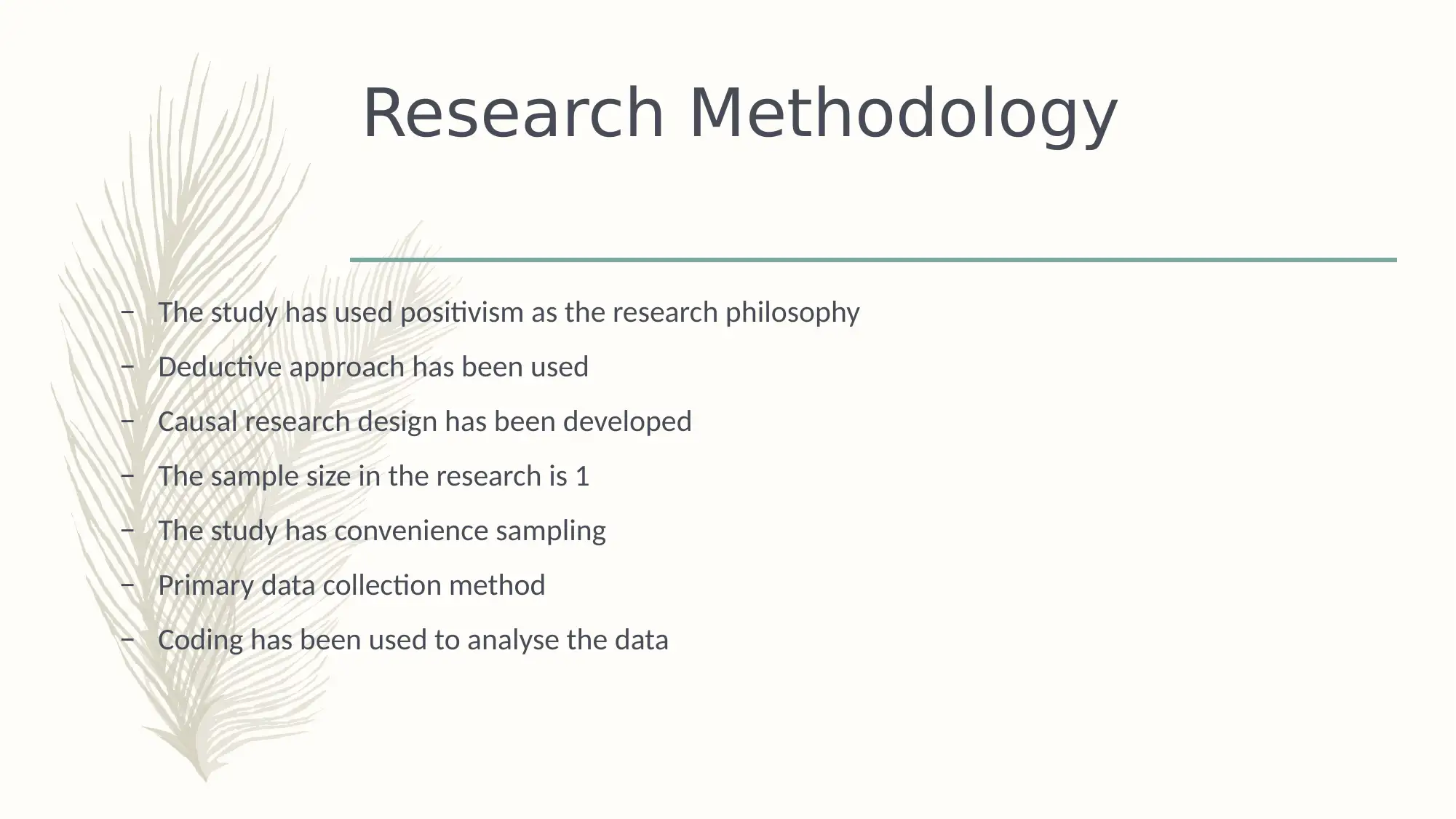
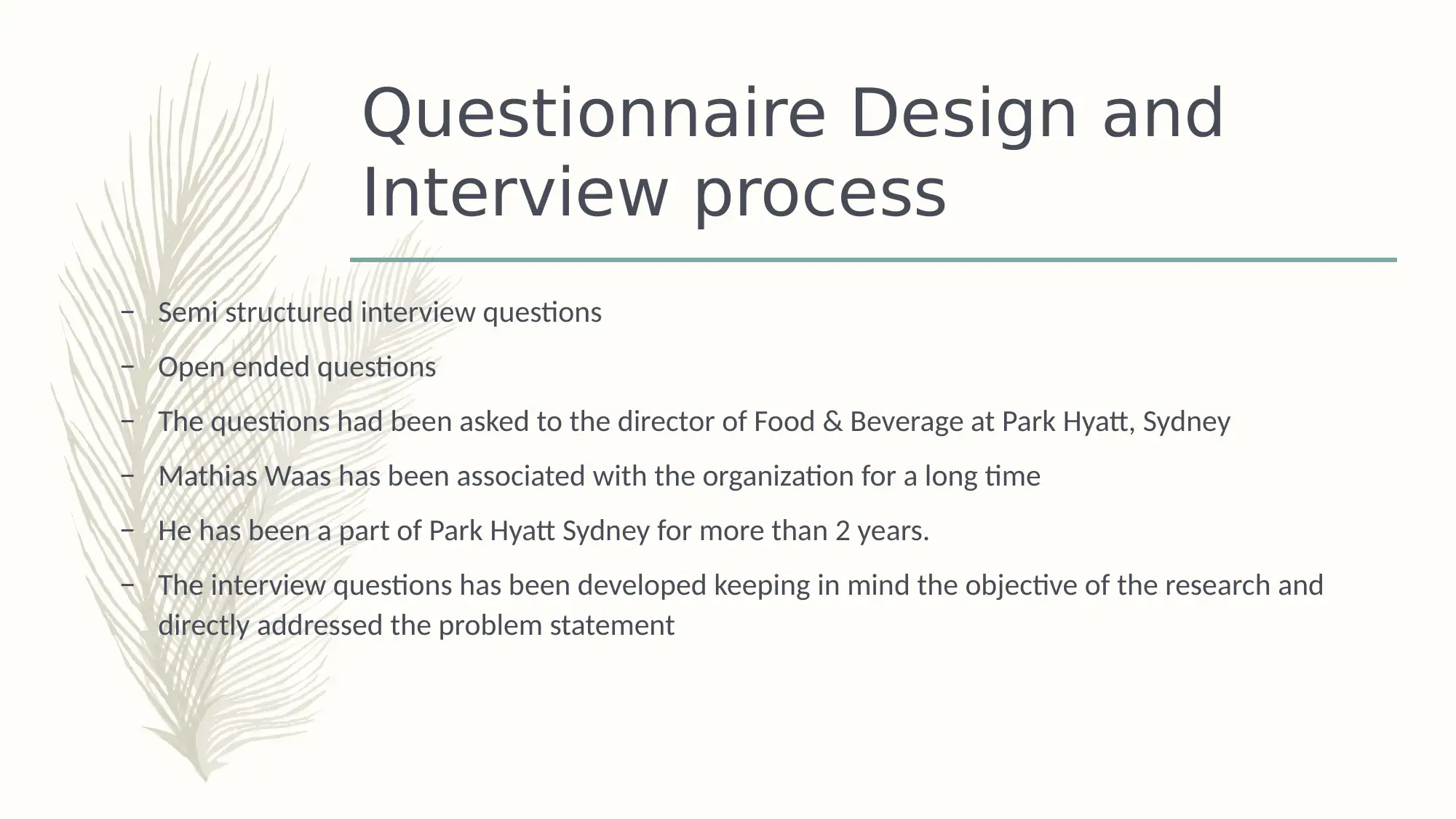
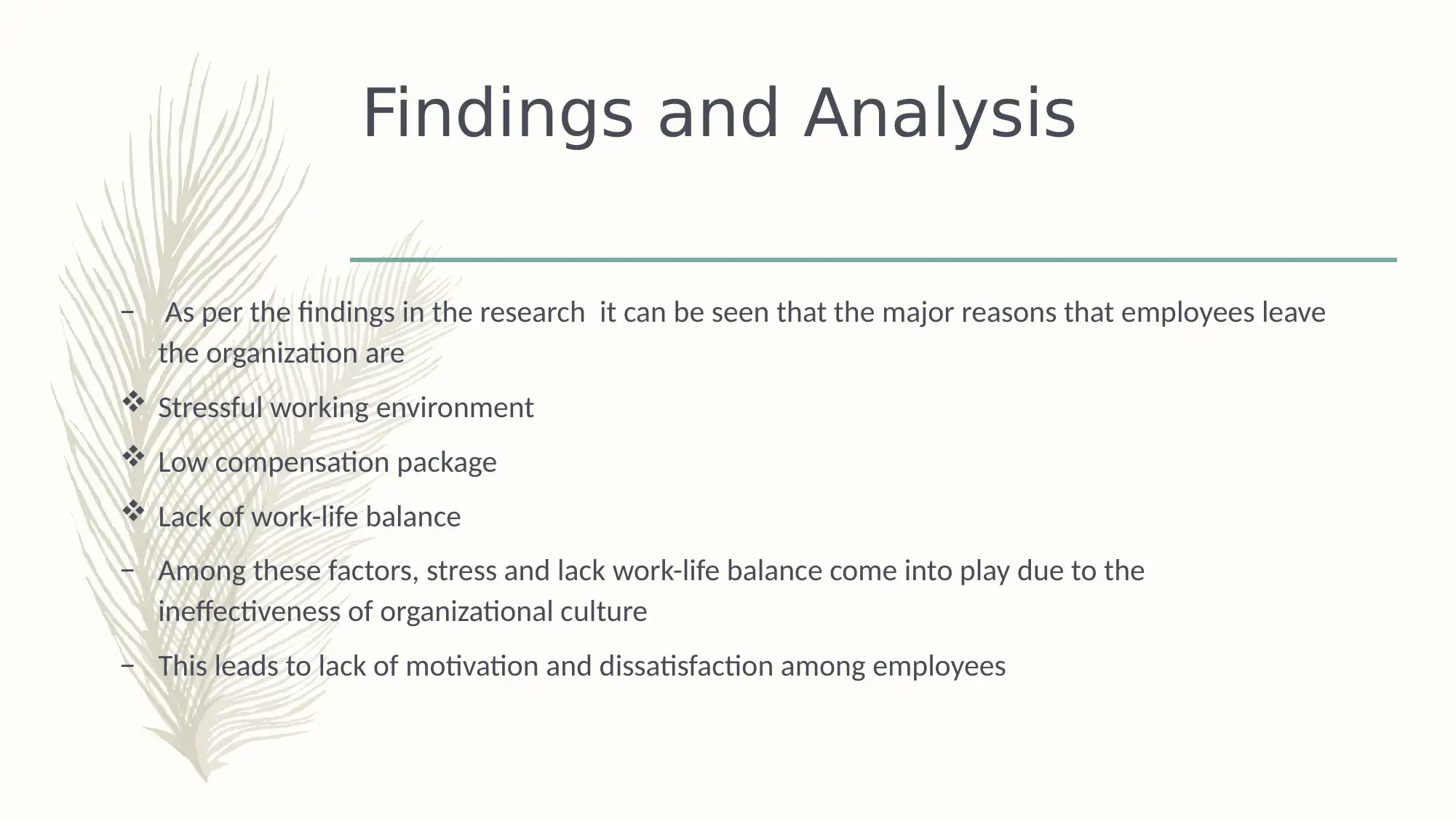
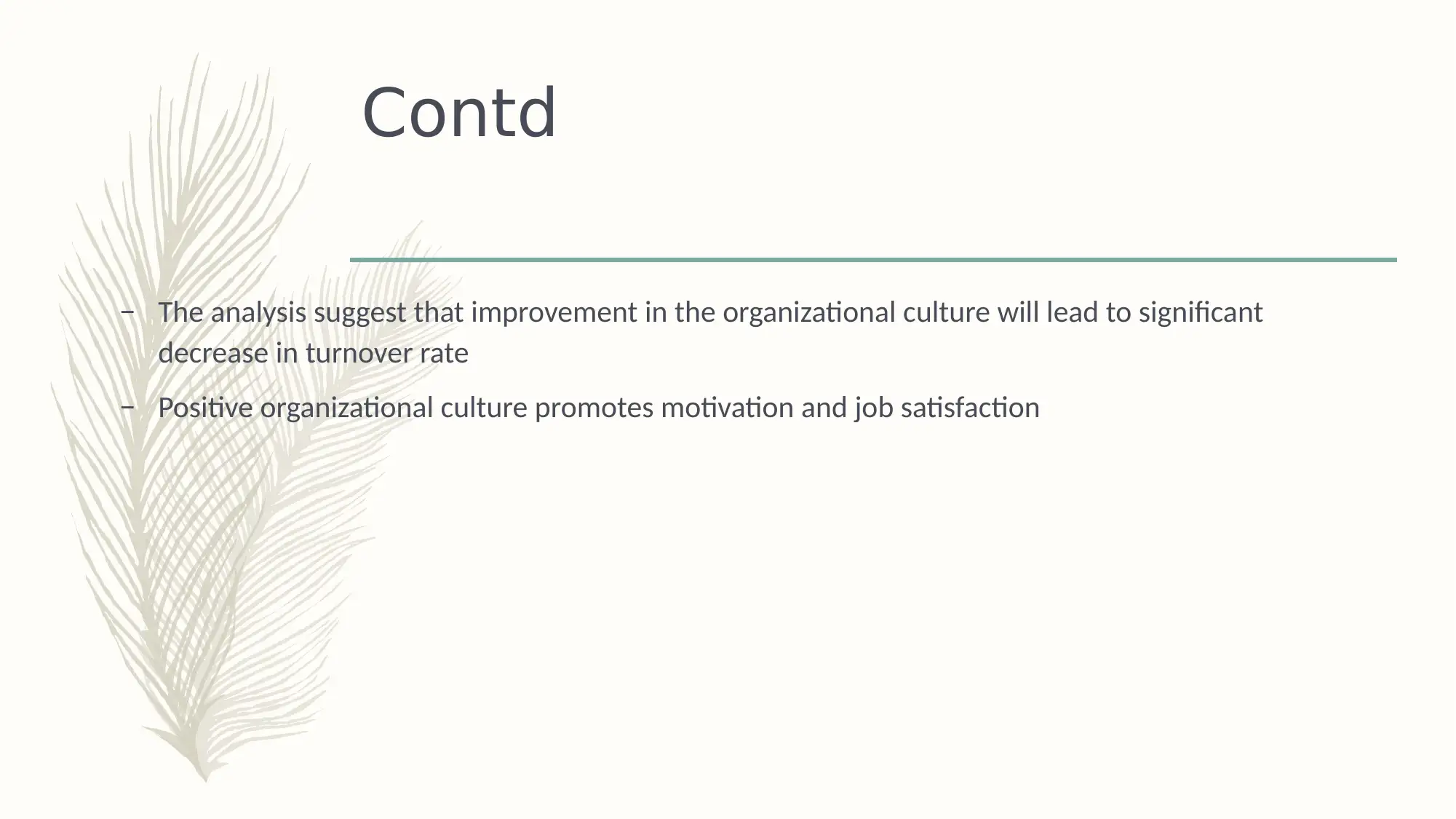
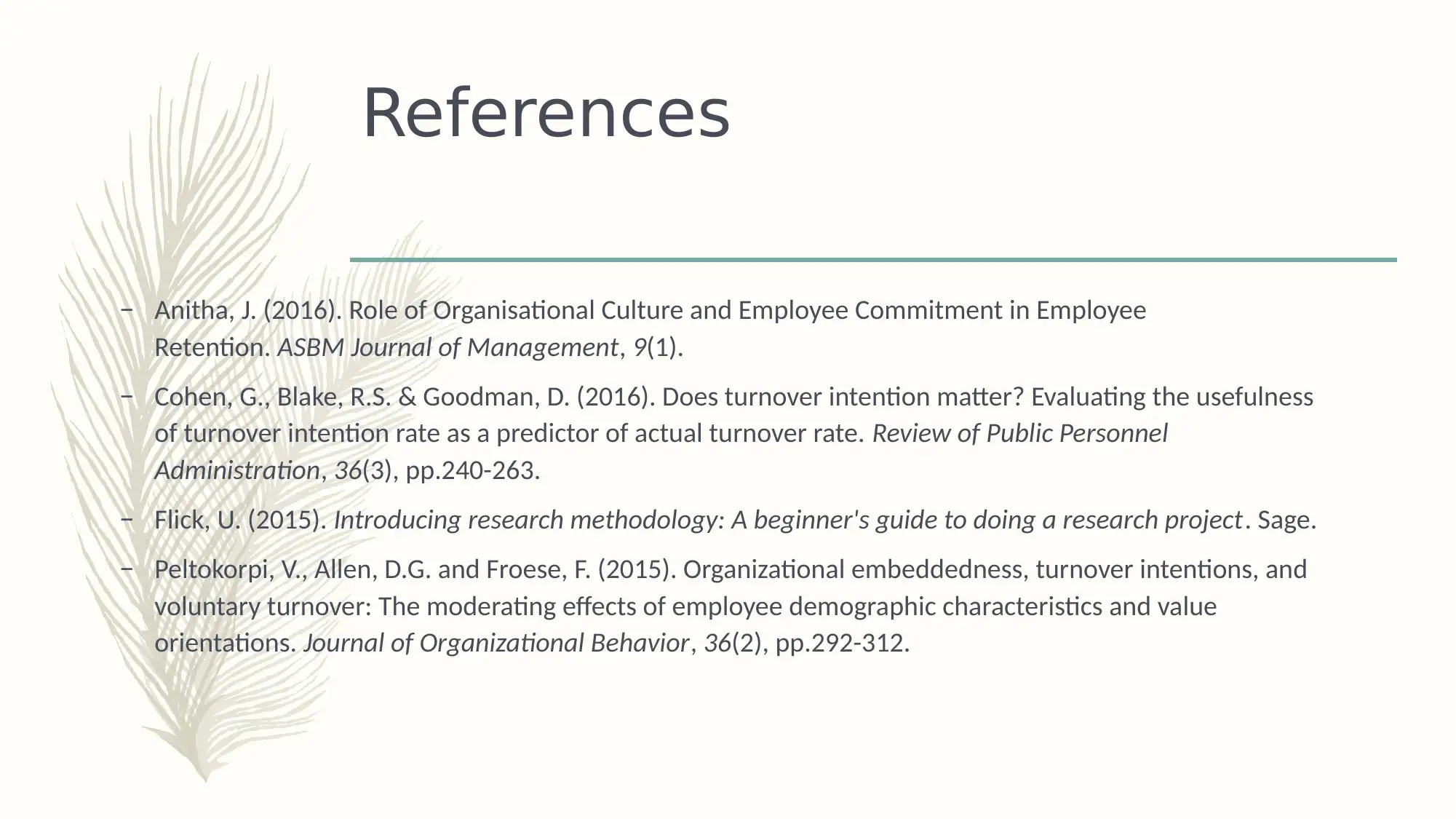
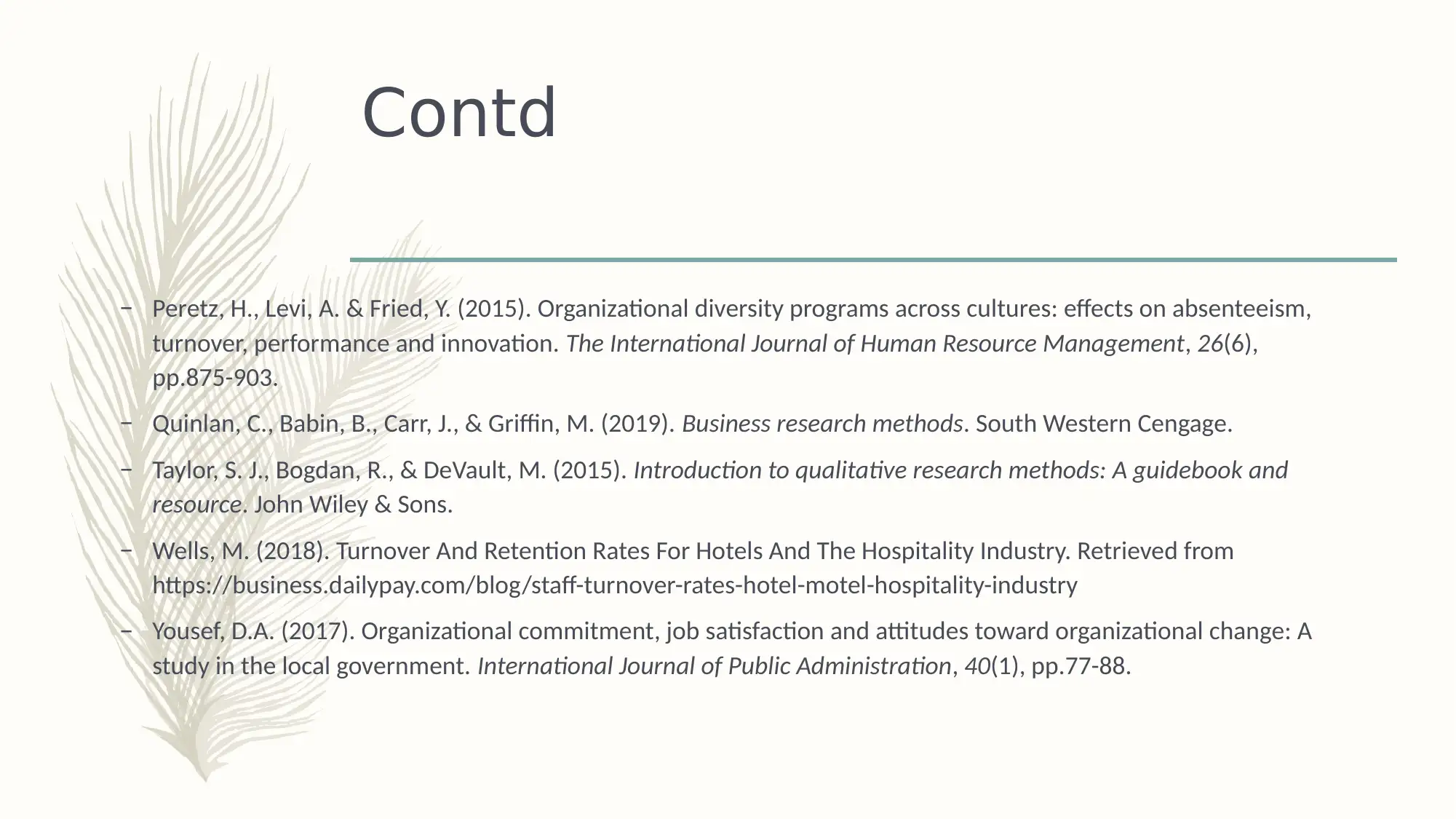







![[object Object]](/_next/static/media/star-bottom.7253800d.svg)